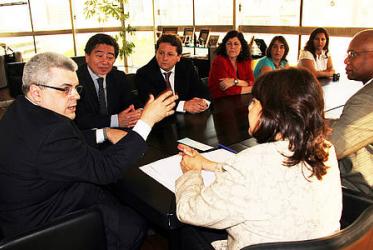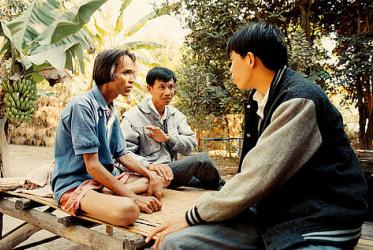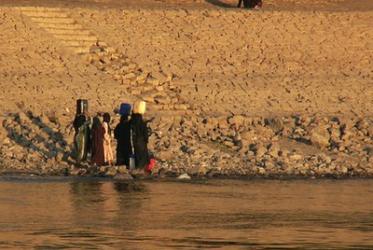Displaying 61 - 80 of 159
Assembly theme explored in new issue of The Ecumenical Review
18 October 2012
Faith communities promote “safe spaces” to discuss health issues
19 January 2012
Rethinking theology for HIV response
06 September 2011
WCC's HIV work reaches quarter-century mark
30 June 2011
“Rebirth” for Jamaica's young people
19 May 2011
HIV/AIDS: "We can't be silent"
19 February 2008









